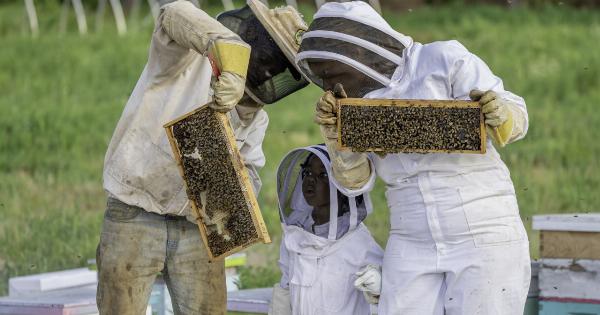Teenage pregnancy rates have declined in recent years, but they still remain a major concern in many parts of the world. One reason for this is the lack of knowledge about contraception among teenagers.
The Importance of Contraception
Contraception is important for a number of reasons. Firstly, it helps to prevent unwanted pregnancies. This is particularly important for teenagers who may not be ready to become parents.
Secondly, it can help to prevent the transmission of sexually transmitted infections (STIs).
The Barriers to Contraception
Despite the importance of contraception, there are a number of barriers that may prevent teenagers from using it. One of the main barriers is a lack of knowledge.
Many teenagers may not be aware of the different types of contraception that are available and how to use them effectively. In addition, there may be cultural or religious barriers that prevent teenagers from using contraception.
The Different Types of Contraception
There are many different types of contraception available, each with their own benefits and drawbacks. Some common types of contraception include:.
- Barrier methods, such as condoms and diaphragms
- Hormonal methods, such as the pill and the patch
- Long-acting reversible contraception (LARC), such as the intrauterine device (IUD) and the contraceptive implant
Effective Use of Contraception
In order for contraception to be effective, it must be used correctly and consistently. This means using it every time you have sex and following the instructions for each method carefully.
It is also important to remember that some types of contraception, such as condoms, can also help to prevent the spread of STIs.
Addressing the Knowledge Gap
Addressing the knowledge gap around contraception among teenagers is essential in reducing teenage pregnancy rates and preventing the spread of STIs. This can be done in a number of ways:.
- Sex education: Comprehensive sex education programmes that provide accurate information about contraception can help to fill the knowledge gap.
- Access to contraception: Improving access to contraception can also help to reduce teenage pregnancy rates. This may involve making contraception available through school-based health clinics or making it more affordable.
- Community outreach: Community-based programmes that provide information about contraception can also be effective in reaching teenagers who may not have access to sex education in school.
The Bottom Line
Contraception is an important tool in preventing unwanted pregnancies and the spread of STIs. However, many teenagers lack the knowledge they need to use contraception effectively.
Addressing this knowledge gap through sex education, access to contraception, and community outreach can help to reduce teenage pregnancy rates and improve the sexual health of teenagers.



























